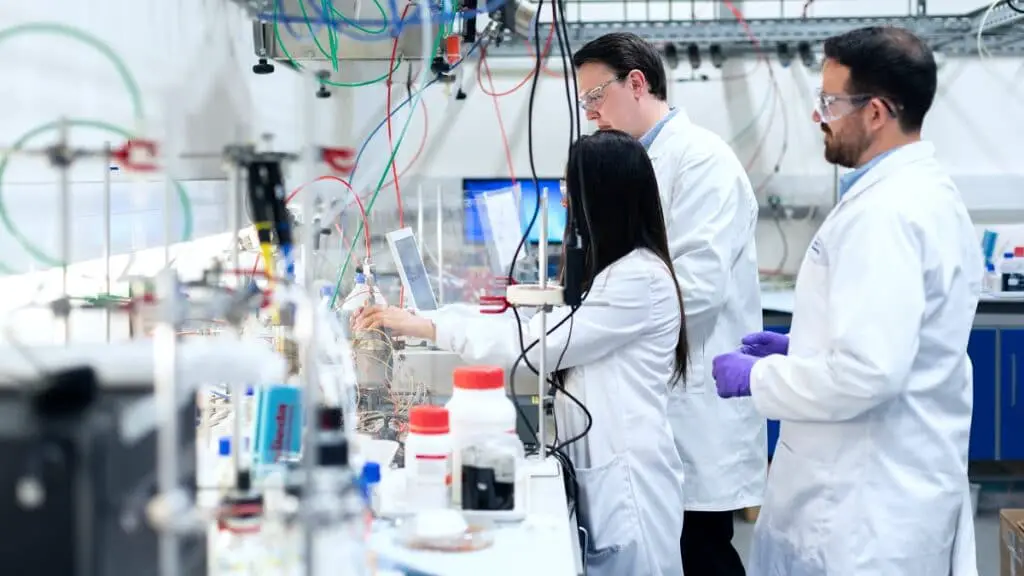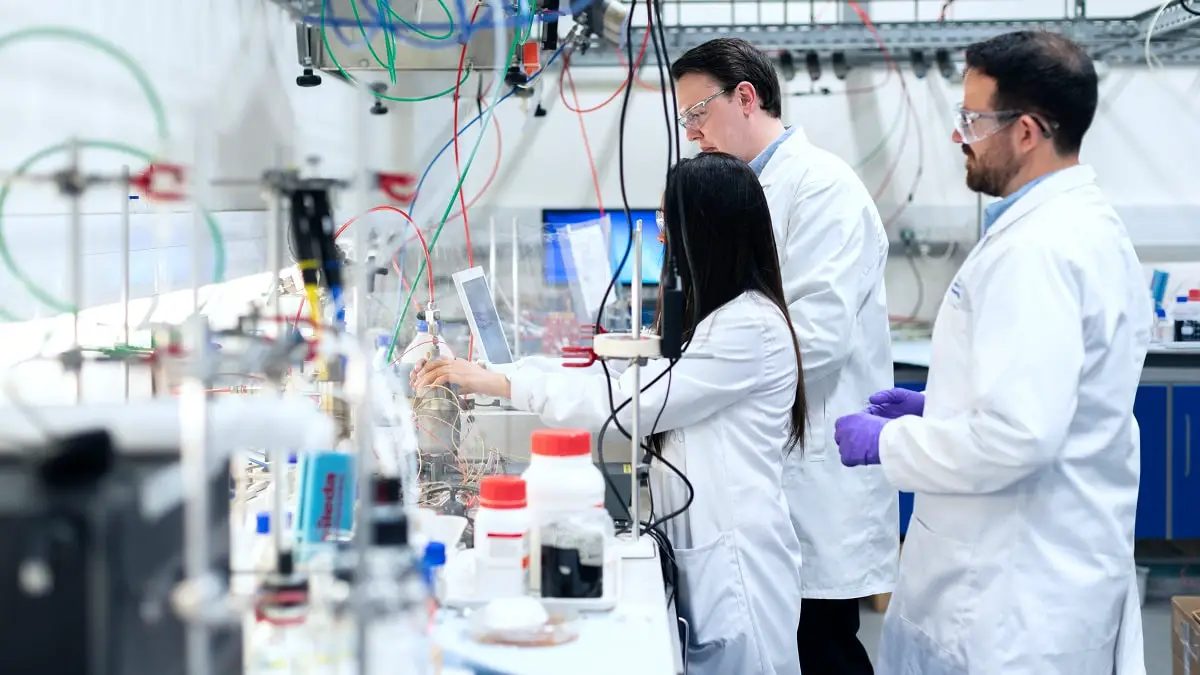
Breakthroughs in medical research and advancements in health knowledge in the last 150 years have dramatically improved the quality of our lives.
The drastic improvement in living conditions was due to the combined effect of advances in our understanding of the causes of diseases and the treatment of infectious diseases.
Breakthroughs in medical research have changed our lives
Breakthroughs in our understanding of the causes of diseases led to advances in preventive medicine. Our improved knowledge of the principles of preventive medicine spurred improvements in public sanitation, sewage treatment, and the provision of safe drinking water.
Progress in our understanding of nutrition has also led to improvements in health and wellbeing. The discovery of the roles that vitamins, such as vitamin D and vitamin B12, play in health has helped improve the lives of millions.
We also know a lot more about the role that diets play in maintaining health. For instance, dietary plans such as DASH diets have helped many people control their blood pressure and lower the risk of untimely death due to cardiovascular complications of hypertension.
Recent advances in our understanding of the physiological mechanisms of weight loss, such as the concept of adaptive thermogenesis, have helped experts develop more advanced mathematical models that accurately predict intervention outcomes.
The discovery of antibiotics — such as penicillin and tetracyclines — has helped us overcome the menace of many life-threatening infectious diseases. In the 19th century, before the era of antibiotics, millions died early in life due to infectious diseases such as strep throat, tonsillitis, cholera, dysentery, pneumonia, tuberculosis, and typhus.
Recent breakthroughs in gene editing could revolutionize medicine
In the 21st century, medical researchers continue to score breakthroughs in research into the causes, prevention, and treatment of diseases, such as cancer, heart disease, and diabetes.
Innovations in gene therapy and gene-editing technology offer the exciting promise of a new generation of treatments.
Gene editing technology, in particular, will likely have a profound impact on the way we treat illnesses.
Genome editing offers revolutionary technologies that will allow scientists to alter DNA sequences. Scientists hope to use the new technologies to change the genes of plants, animals, and humans.
One of the most promising gene-editing techniques is the CRISPR–Cas9 system.
Two researchers, Emanuelle Charpentier at Max Planck Unit for the Science of Pathogens in Berlin, and Jennifer Doudna, at the University of California, Berkeley, won the Nobel Prize in chemistry in 2020 for their work on the CRISPR–Cas9 gene-editing tools.
Breakthroughs in medical research continue at a fast pace
Cleveland Clinic identified other medical innovations expected to improve the quality of health service in 2021 and beyond.
- New monoclonal antibody treatment of primary progressive multiple sclerosis (PPMS). PPMS is a form of multiple sclerosis (MS). MS is a debilitating disease in which the immune system attacks the sheaths protecting the nerve fibers. The condition causes neurological problems and eventually death.
- The FDA recently approved a new class of drugs known as PARP inhibitors for prostate cancer. Prostate cancer is one of the leading causes of cancer death in men. Doctors previously prescribed PARP inhibitors to treat other forms of cancer in women. But in 2020, the FDA approved the drugs for the treatment of prostate cancer in men.
- New developments in smartphone-connected pacemaker devices will improve the quality of health service delivery to people with life-threatening heart rhythm abnormalities. The new Bluetooth-enabled pacemaker devices will allow doctors to monitor their patients remotely. They will also help patients gain a better understanding of their health information.
- Researchers have recently made breakthroughs in the development of drugs for treating cystic fibrosis, migraine, and hepatitis C.
Overview of medical research in the 21st century
The fast pace of advancement in medical science and technology has been made possible by hardworking researchers.
According to the HIPAA Privacy Rule, research is “systematic investigation… testing and evaluation, designed to develop or contribute to generalizable knowledge.”
Different types of medical research have contributed to improving the quality of our lives. The types of medical research include basic, clinical, and epidemiological research.
Basic research by academics working in universities and research institutes often focuses on the theoretical underpinnings of medical science. It could involve experts in the pure sciences, such as chemistry and biology, who may not be medical scientists.
Clinical research usually involves health professionals and others in allied fields. It often involves patients who may agree to participate in research studies.
The type of clinical research most familiar to the public involves clinical trials.
Epidemiological research focuses on the incidence of health conditions and diseases in groups of patients and populations.
Medical research institutions and laboratories around the world
Medical research centers have advanced laboratory facilities that conduct scientific investigations in the field of health.
In general, a research laboratory is a workplace or facility where scientists conduct investigations into questions and problems in various scientific and technological fields.
Medical research helps doctors understand the nature, causes, prevention, and treatment of health conditions and diseases.
Laboratories have special equipment that scientists need to conduct carefully controlled investigative activities.
You can find medical research laboratories at hospitals, universities, private and public health institutions.
Many of the highest-ranked biomedical research institutions are university research institutions. They include Harvard University, the National Institutes of Health (NIH), and Stanford University.

